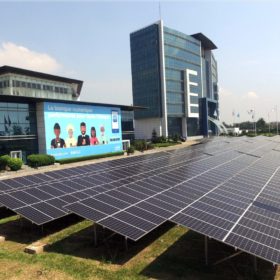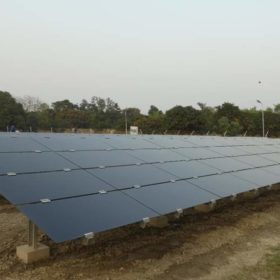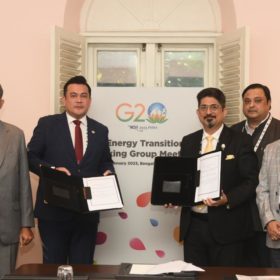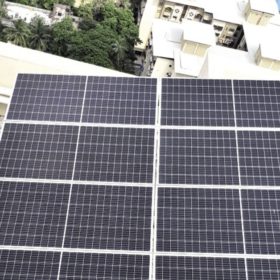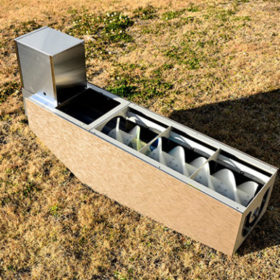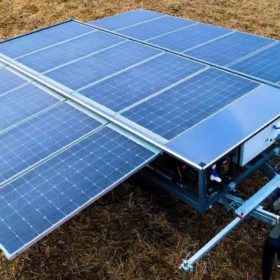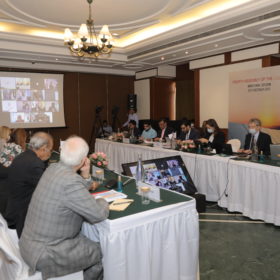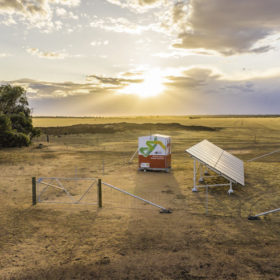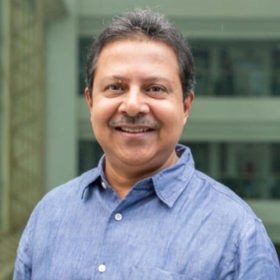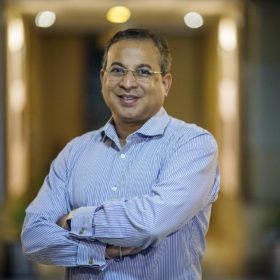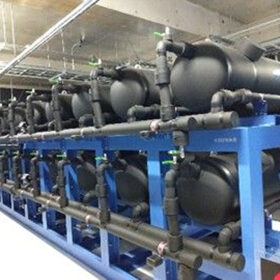Africa50 signs MoU with International Solar Alliance to support PV projects across Africa
Africa50 and International Solar Alliance (ISA) will leverage each other’s networks to mobilize funding and raise awareness of African solar projects in European and Indian markets.
Husk Power surpasses 200 minigrids across Asia and Africa
The Bihar-based minigrid operator, which serves rural Asia and Africa, expects to double its portfolio to 400 by year-end.
India signs MoU on energy efficiency programmes in Indonesia, Malaysia and Thailand
India’s Energy Efficiency Services Ltd has agreed to provide technical advisory, project management, contracting and implementation support for energy efficiency programmes in Indonesia, Malaysia, and Thailand.
India may miss 2022 solar target of 100GW by 27%
A new report by JMK Research and the Institute for Energy Economics and Financial Analysis (IEEFA) says India is likely to miss its ‘100GW by 2022’ solar target by about 27GW, mainly due to the underwhelming growth of rooftop solar. While utility-scale solar is on track to achieve nearly 97% of the 60GW installed capacity targeted by 2022, rooftop solar will be 25GW short of the 40GW mark.
Ricoh launches mini hydropower system for remote locations, usable with solar-plus-storage
The 1kW pico-hydro generation system can be used with factory drainage systems and irrigation canals. According to the manufacturer, it is made with 3D-printed sustainable materials based on recycled plastics and is able to generate electricity even with a small stream of water. Solar and storage may be linked to the system to ensure stable power supply.
Solar trailer for off-grid applications from France
Developed by French start-up Ecosun, the trailer is equipped with 15 solar panels with output of 360 W and batteries with a storage capacity of 23 kWh. It can be used for construction sites, military camps and water pumping systems.
International Solar Alliance launches programs on solar and battery waste management, green hydrogen
The International Solar Alliance (ISA), which aims to mobilize more than $1 trillion of solar power investment by 2030 in its member countries, expanded its scope of work by launching programs on solar panel and battery waste management and solar-powered hydrogen production in its fourth assembly held recently.
The long read: Scaling up standalone power systems
As technology redefines the delivery of network services, grid operators in remote areas the world over are searching for more cost-effective and reliable alternatives to traditional poles and wires. Standalone power systems are the solar application that is at the forefront of the switch, and they’re ramping up fast.
Transforming lives through solar mini-grids
Smart Power India (SPI), a subsidiary of US-based impact investor Rockefeller Foundation, has supported the setting up of more than 300 renewable energy mini-grids cumulating to 9.2 MW of capacity across Bihar, Uttar Pradesh, and Jharkhand, the largest such cluster in India. Jaideep Mukherjee, chief executive officer at SPI, spoke to pv magazine about the role of mini-grids in rural upliftment and the barriers to overcome.
Tata Power to exit coal by 2050
The energy company says it will use hybrid-technology projects, round-the-clock renewables, battery storage, floating solar and green hydrogen as it attempts to wind down the 69% of its energy generation fleet based on thermal power.
